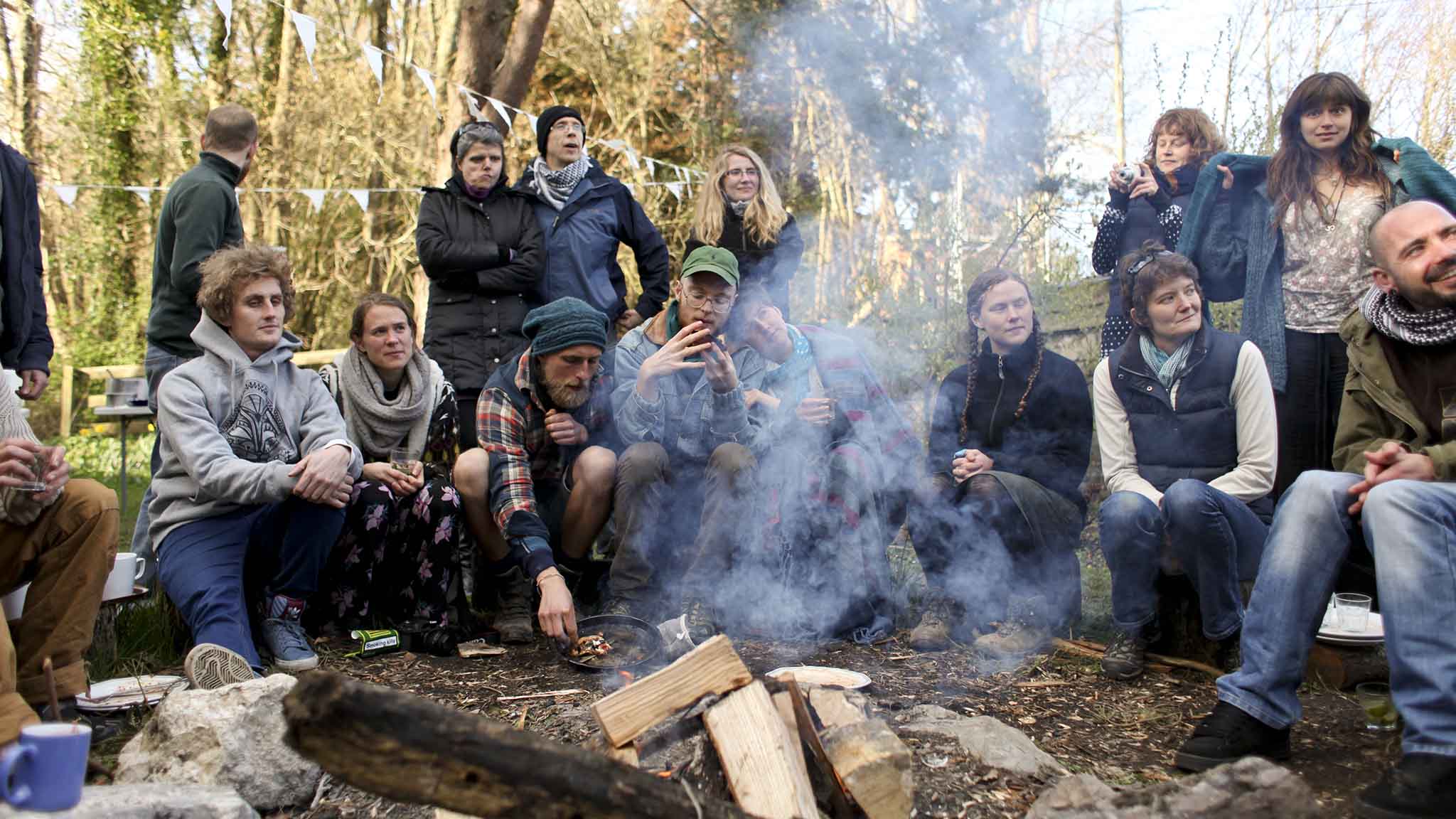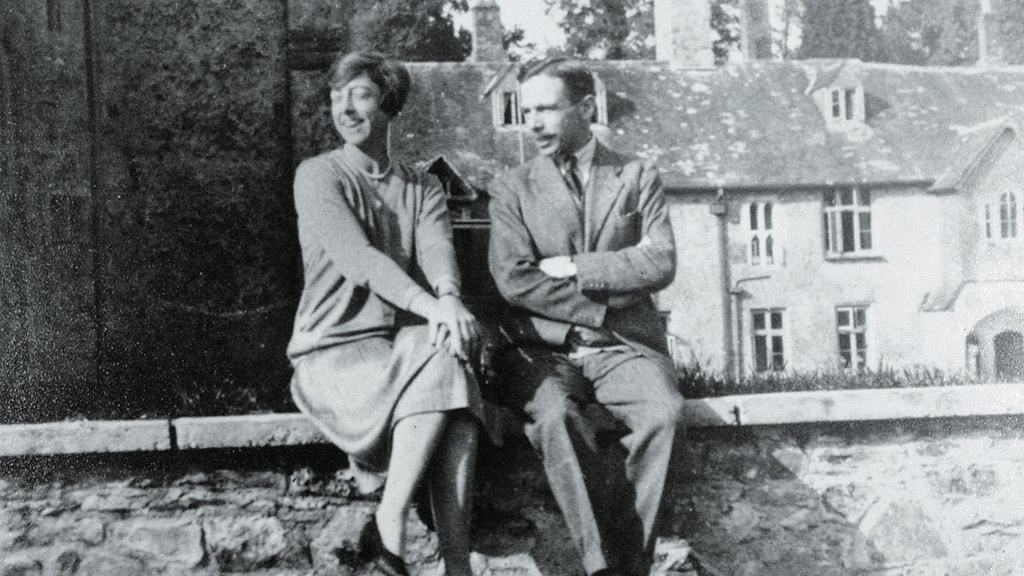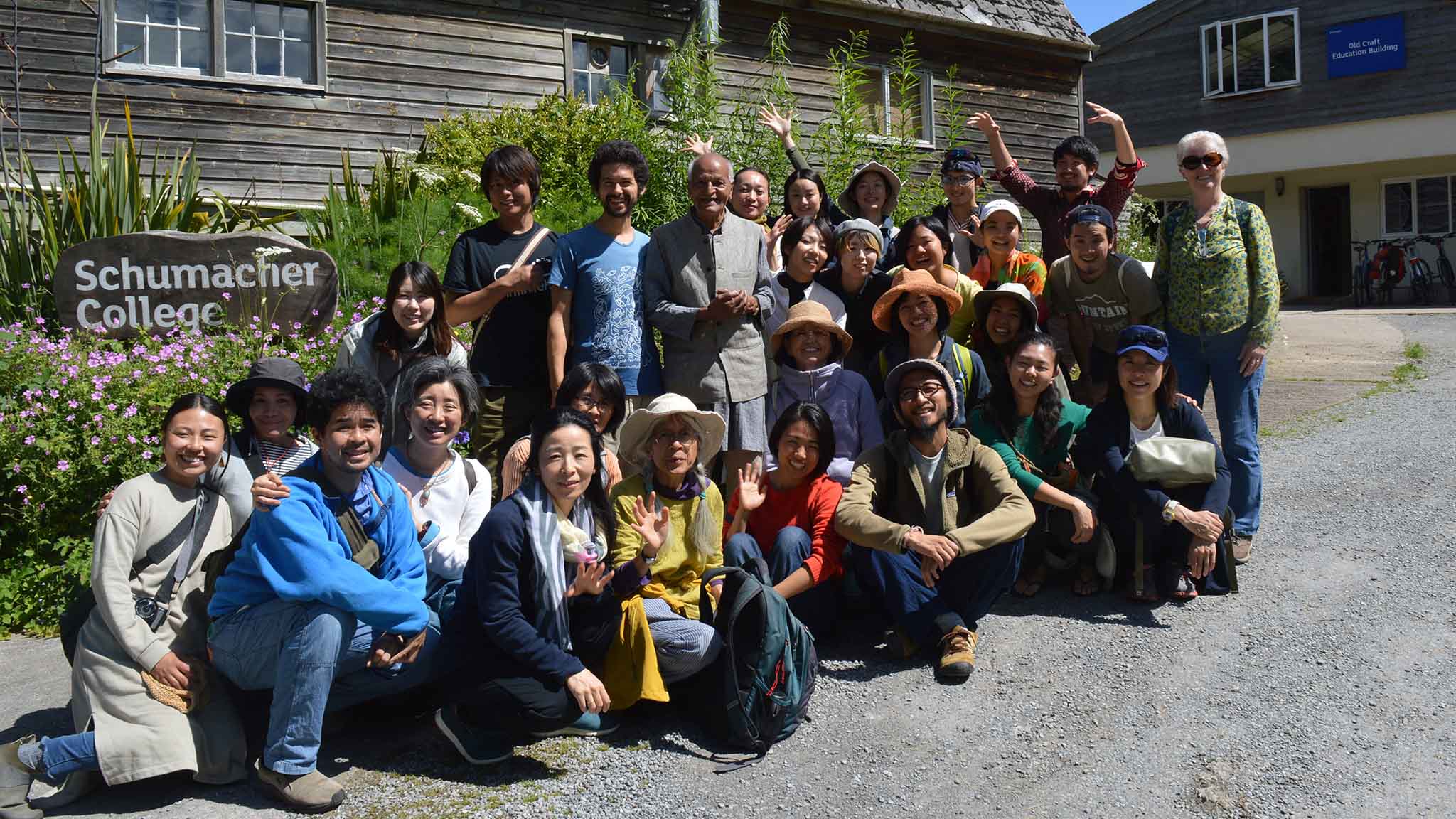Why Dartington?
what makes dartington different?
Dartington has been at the forefront of progressive education since the 1920’s, when Dorothy and Leonard Elmhirst began transforming our estate into a place that could change the world. Today, we are working towards creating a new kind of university – one that is truly fit for the 21st century.
In attending a course here, you’ll equip yourself with the tools to find real solutions to major issues of our time – such as climate change or social injustice – through ecological or artist practices, or a combination of the two.
Our two faculties, Schumacher College and Dartington Arts School, offer a radically transdisciplinary approach to education, which combines intellectual exploration with practical action to enable truly transformational learning experiences.


how will studying at dartington benefit me?
All our degrees have a practical foundation, with many involving project based/practice based learning that are geared towards real-world rather than purely intellectual activity. It’s about combining the intellectual, experiential, and affective approaches to learning to give you a really well-rounded, holistic understanding of the subject area you wish to explore.
Wherever possible, we work with real community and ecology-focused organisations (many of which are set up by our own alumni around the world) and bring in respected partners to give students insight and experience of current issues in the field, whilst also offering excellent networking opportunities.
BELOW: Watch current students talk about what it’s like studying at Dartington Trust

building on a rich legacy
As a site of cross-disciplinary learning for almost a century, Dartington has long attracted innovative and ambitious artists and thinkers.
In 2022, we celebrated the 30th birthday of the internationally-renowed Schumacher College, and the 20,000 alumni who have shared in the deeply immersive learning experience it offers. Looking ahead, it’s vital that College graduates continue to shape a world where the need for change on environmental and social issues is as pressing as ever.
Our Arts School’s predecessor, Dartington College of Arts, was recognised nationally and internationally for its radical and inventive approaches to arts pedagogy, embracing practice-based and interdisciplinary research, and prioritising context as a core factor and ‘material’ in art-making processes. Dartington Arts School draws on this rich international heritage and its extraordinary estate location to provide a dynamic and responsive context for contemporary study.


learning tied to the land
The Dartington estate is a stunning, vibrant estate, which offers exceptional studio and learning spaces in a truly beautiful environment.
Our pioneering agroforestry experiments and regenerative farming practices are core to our approach, and we are actively involved in research projects with the Soil Association. With many of our courses focussed on sustainability and land-based practice, we operate a unique model of ‘seasonal’ entry points for our courses, with three start dates for our academic year, rather than the traditional single autumn start.
The estate is a unique blend of restored medieval and bold modernist architecture, and our conservation work along the banks of the River Dart and elsewhere make a significant contribution to the biodiversity of the area – making this a fabulous playground for ecologists and artists to explore ideas and follow new paths in their research and practice.


